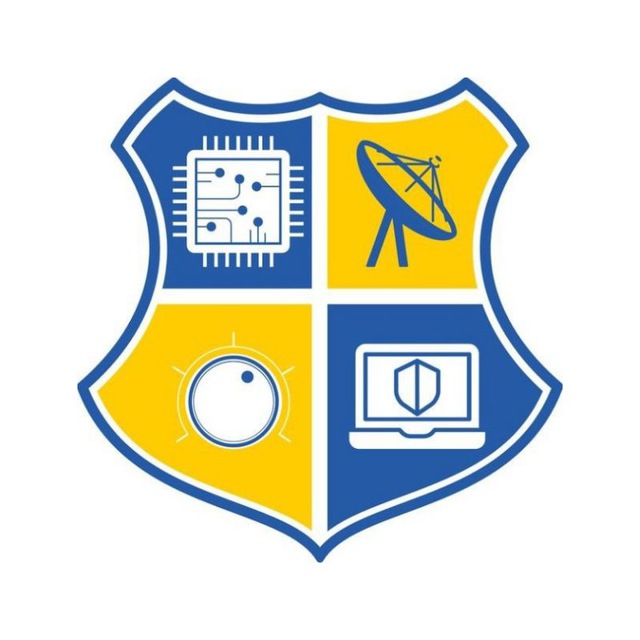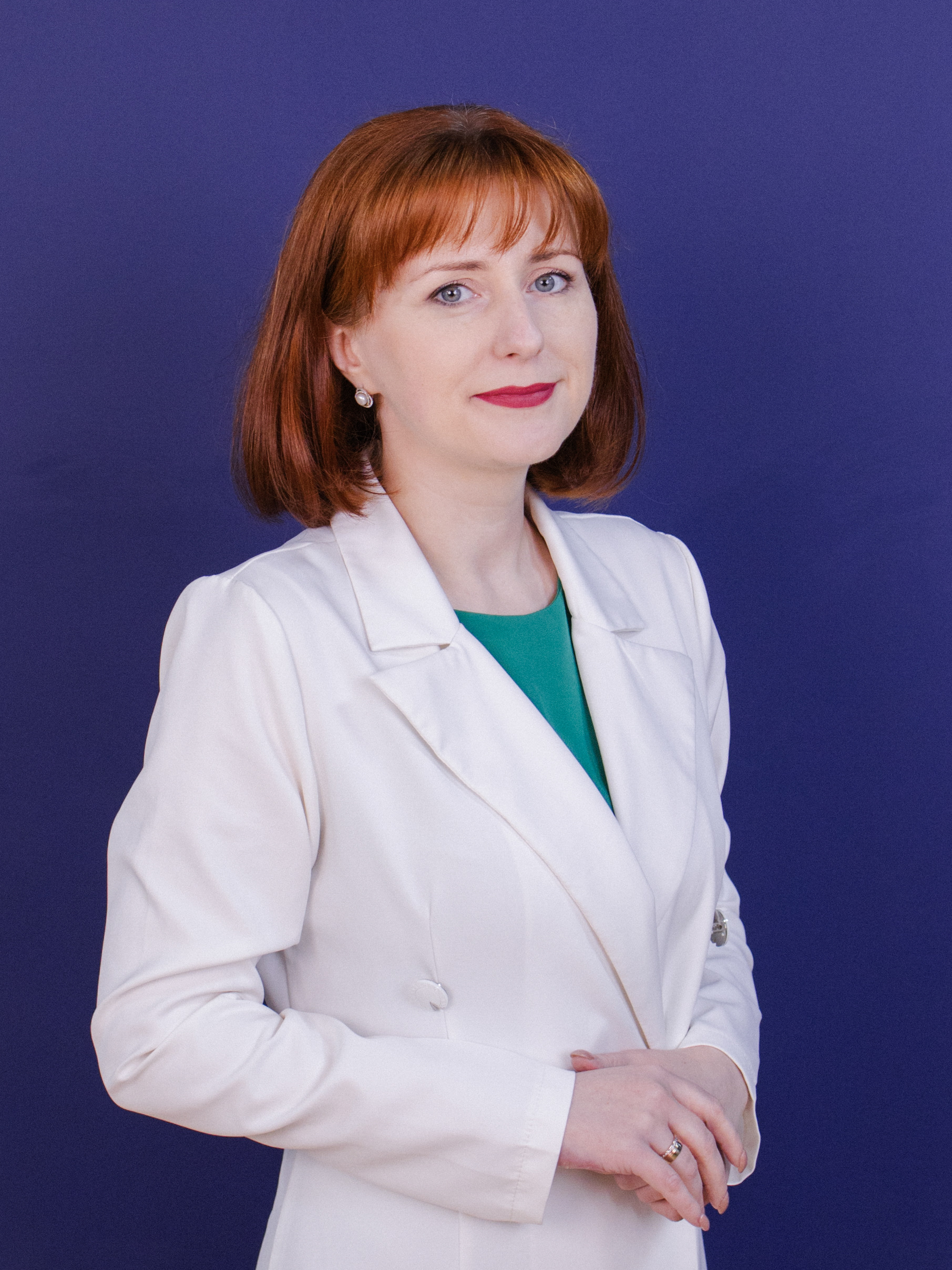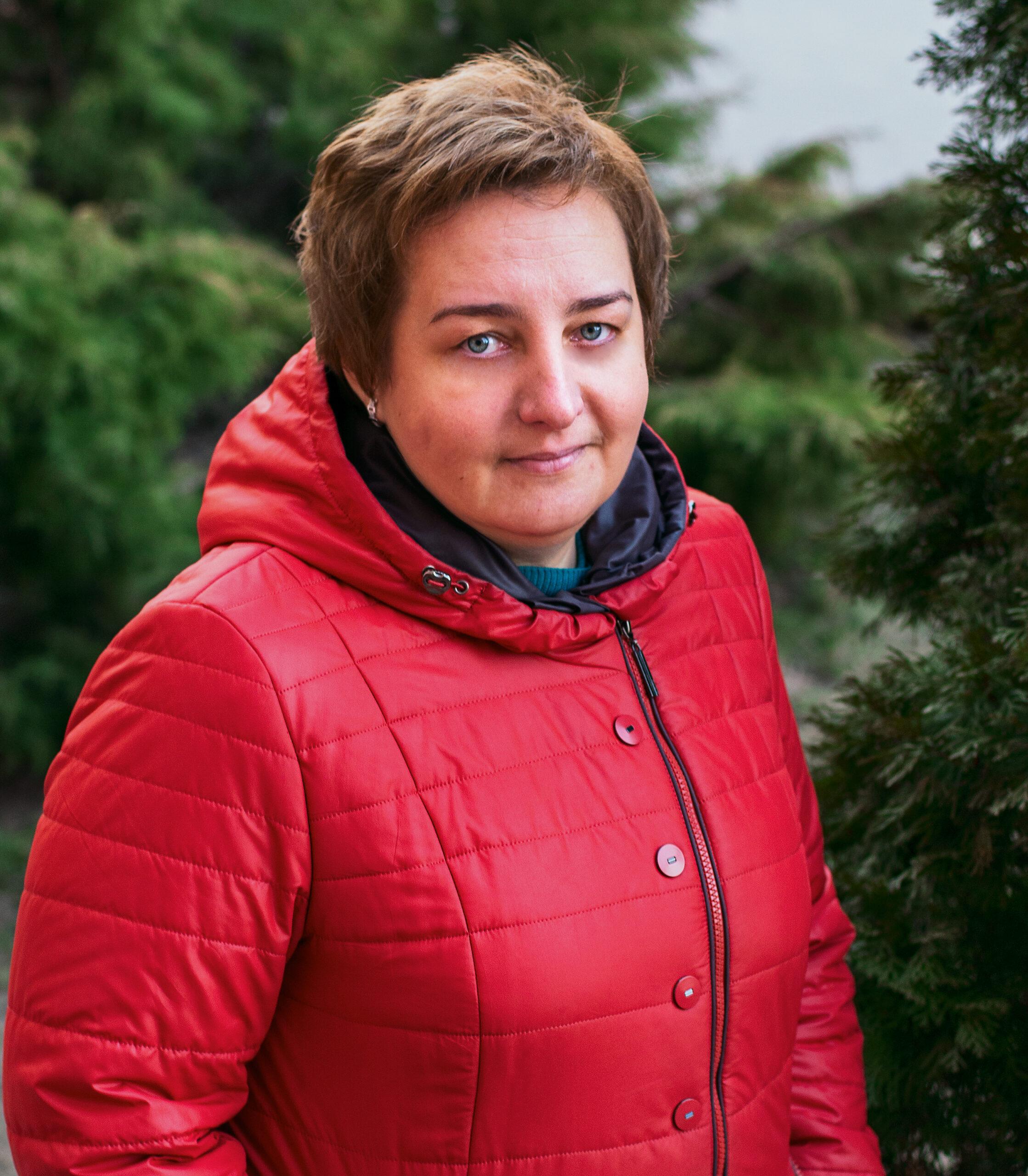
Secure information. Reliable communication. Intelligent automation.
The mission of the faculty is to form highly qualified personnel potential for the digital transformation of society, strengthening national security, developing critical infrastructures and innovative technologies in the field of telecommunications, cyber defense, electronics and automation.
The faculty contributes to the sustainable development of Ukraine through the training of new generation specialists, conducting applied research, developing partnerships with industry, international organizations and government agencies, providing conditions for the personal and professional growth of each applicant.
The year of foundation of the faculty is 1968.
Regulations on the Faculty of Information Security and Electronic Communications
Contacts:
Dean's Office address: st. Universytetska, 64, Zaporizhia, Ukraine, 69011
classroom (office): 367
mobile number: +380630400239
official channel of the dean's office: https://t.me/fret_nuzp
tel.: +380(61)7698306, +380(61)7634258
e-mail: dekanat_fret@zp.edu.edu.ua

dean of the faculty of information security and electronic communications, associate professor of the department of information technologies of electronic means
Address:
69063, Ukraine, Zaporizhzhia, str. 64 University Street
Classroom:
369
Phone:
e-mail:
nfurmanova@gmail.com, nfurman@zp.edu.ua

deputy dean of the faculty of information security and electronic communications, senior lecturer of the department of information technologies of electronic means
Address:
69063, Ukraine, Zaporizhzhia, str. 64 University Street
Classroom:
367
Phone:
e-mail:
tikylyaba@gmail.com
The department trains students in the following specialties: - F5 Cybersecurity and Information Protection (Bachelor's and Master's degrees); - G5 Electronics, Electronic Communications, Instrumentation and Radio Engineering (Bachelor's and Master's degrees); - G6 Information and Measurement Technologies (Bachelor's degree); - E6 Applied Physics and Nanomaterials (PhD degree). - Year of establishment: 1966.
The department trains students in the following specialties: - G5 Electronics, electronic communications, instrument making and radio engineering (educational levels "bachelor", "master" and "doctor of philosophy"); - G7 Automation, computer-integrated technologies and robotics (educational levels "bachelor" and "master"). Year of establishment: 1970.
The department trains students in the specialty G5 Electronics, Electronic Communications, Instrumentation and Radio Engineering (educational levels "bachelor", "master" and "doctor of philosophy"). Year of beginning of activity: 1963.
| Specialty | Educational program | Educational levels | Form of study |
| F5 Cybersecurity and Information Protection | Cyber resilience of digital platforms and network infrastructure | Bachelor | Full-time, dual, part-time |
| F5 Cybersecurity and Information Protection | Technical protection of the infrastructure of information activity facilities | Bachelor | Full-time, dual, part-time |
| G5 Electronics, electronic communications, instrumentation and radio engineering | Engineering and programming in radio electronics | Bachelor | Full-time, dual, part-time |
| G5 Electronics, electronic communications, instrumentation and radio engineering | Intelligent technologies of microsystem radio electronics | Bachelor | Full-time, dual, part-time |
| G5 Electronics, electronic communications, instrumentation and radio engineering | Information communication networks | Bachelor | Full-time, dual, part-time |
| G5 Electronics, electronic communications, instrumentation and radio engineering | Micro- and nanoelectronic devices and instruments | Bachelor | Full-time, dual, part-time |
| G5 Electronics, electronic communications, instrumentation and radio engineering | Radio-electronic devices and equipment | Bachelor | Full-time, dual, part-time |
| G6 Information and measurement technologies | Monitoring and control information systems | Bachelor | Full-time, dual, part-time |
| G7 Automation, computer-integrated technologies and robotics | Automation, mechatronics and robotics | Bachelor | Full-time, dual, part-time |
| F5 Cybersecurity and Information Protection | Technical protection of the infrastructure of information activity facilities | Master | Full-time, dual, part-time |
| F5 Cybersecurity and Information Protection | Cyber resilience of digital platforms and network infrastructure | Master | Full-time, dual, part-time |
| G5 Electronics, electronic communications, instrumentation and radio engineering | Intelligent technologies of microsystem radio electronics | Master | Full-time, dual, part-time |
| G5 Electronics, electronic communications, instrumentation and radio engineering | Information communication networks | Master | Full-time, dual, part-time |
| G5 Electronics, electronic communications, instrumentation and radio engineering | Micro- and nanoelectronic devices and instruments | Master | Full-time, dual, part-time |
| G5 Electronics, electronic communications, instrumentation and radio engineering | Radio engineering | Master | Full-time, dual, part-time |
| G7 Automation, computer-integrated technologies and robotics | Automation, mechatronics and robotics | Master | Full-time, dual, part-time |
| E6 Applied Physics and Nanomaterials | Applied Physics and Nanomaterials | Doctor of Philosophy | Full-time, dual, part-time |
| G5 Electronics, electronic communications, instrumentation and radio engineering | Telecommunications and radio engineering | Doctor of Philosophy | Full-time, dual, part-time |
Use this form for feedback or to contact the developer.
* - Required fields